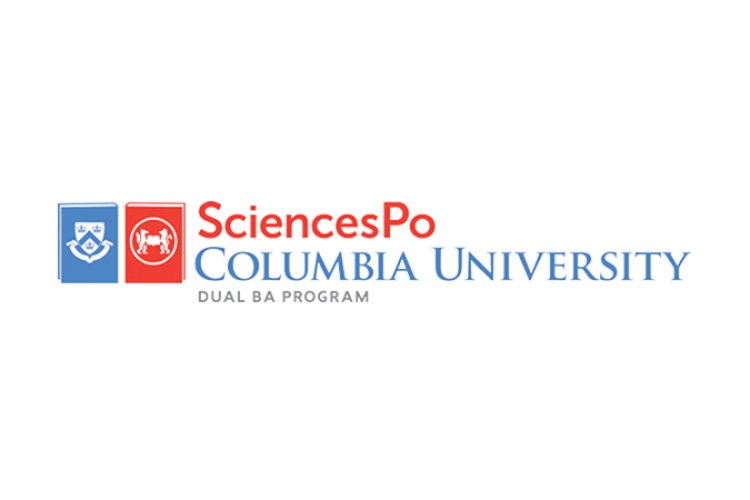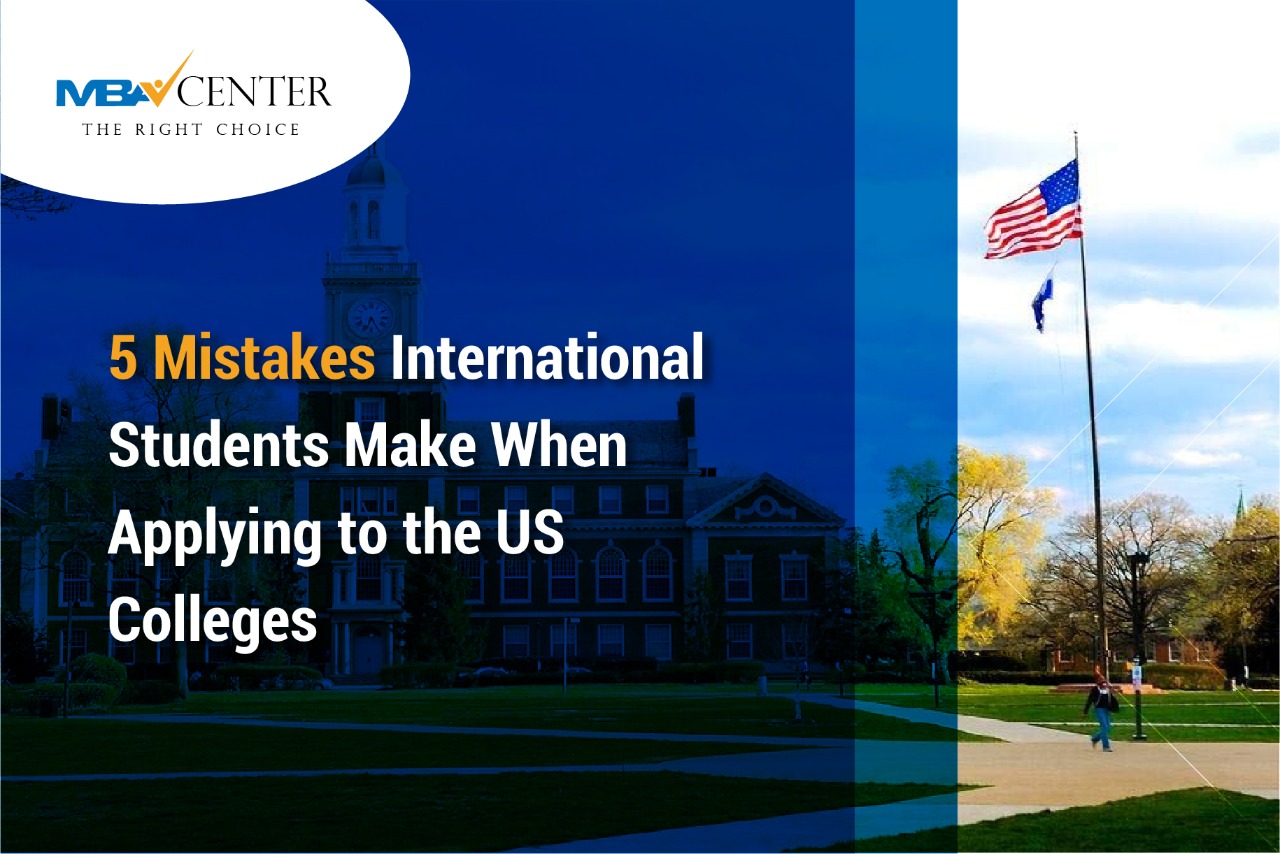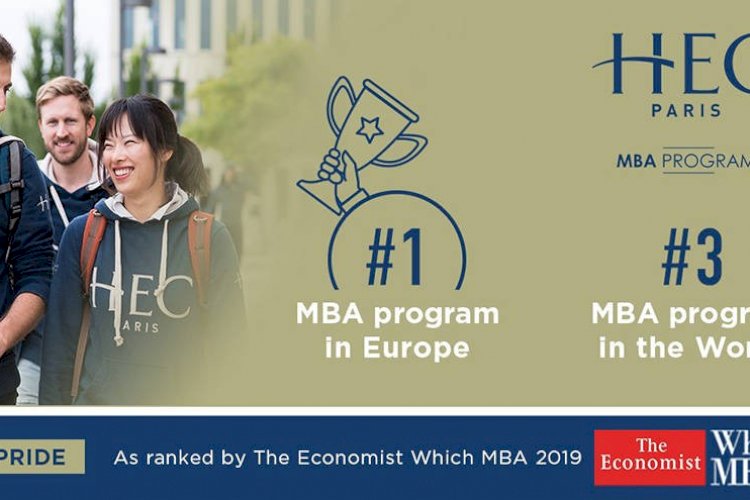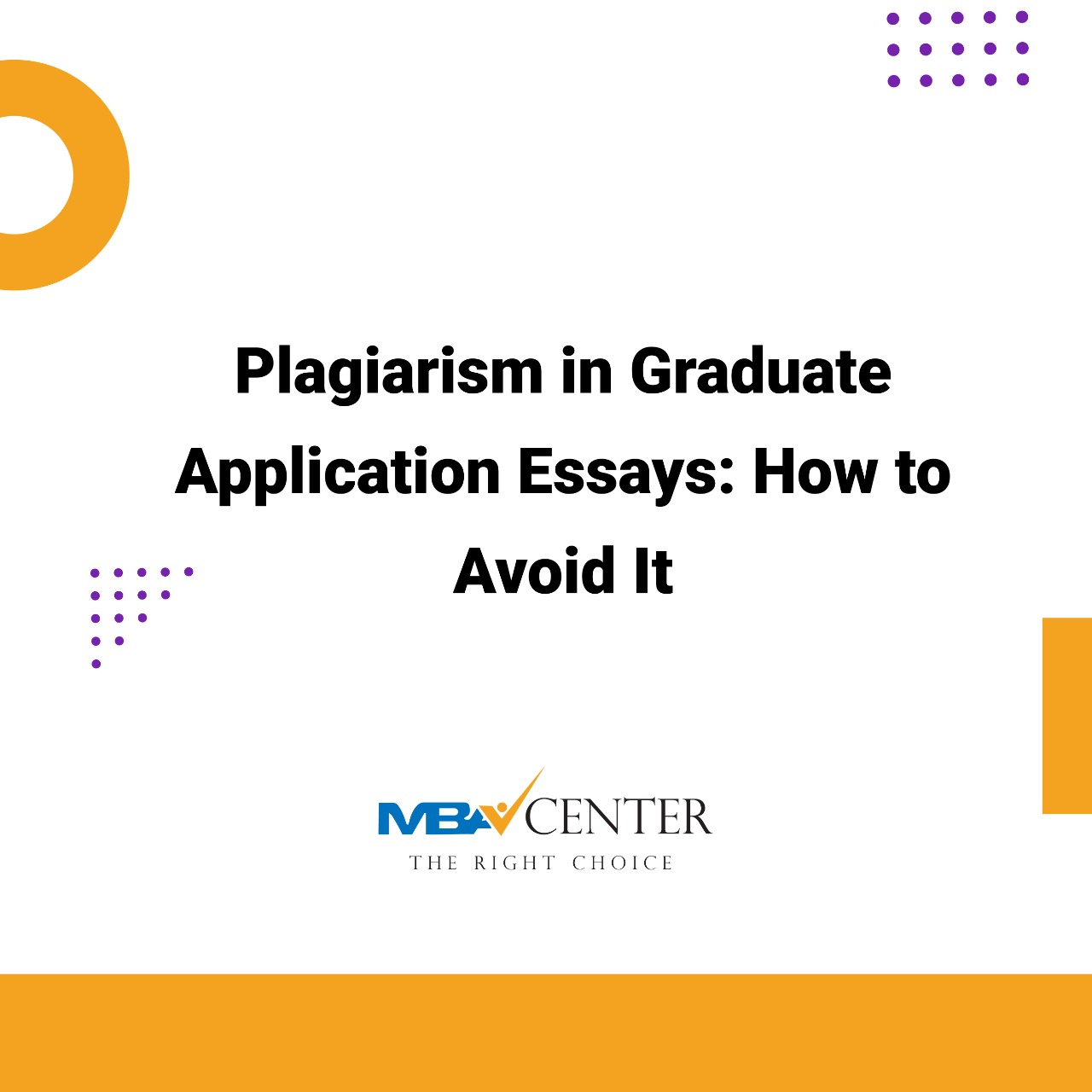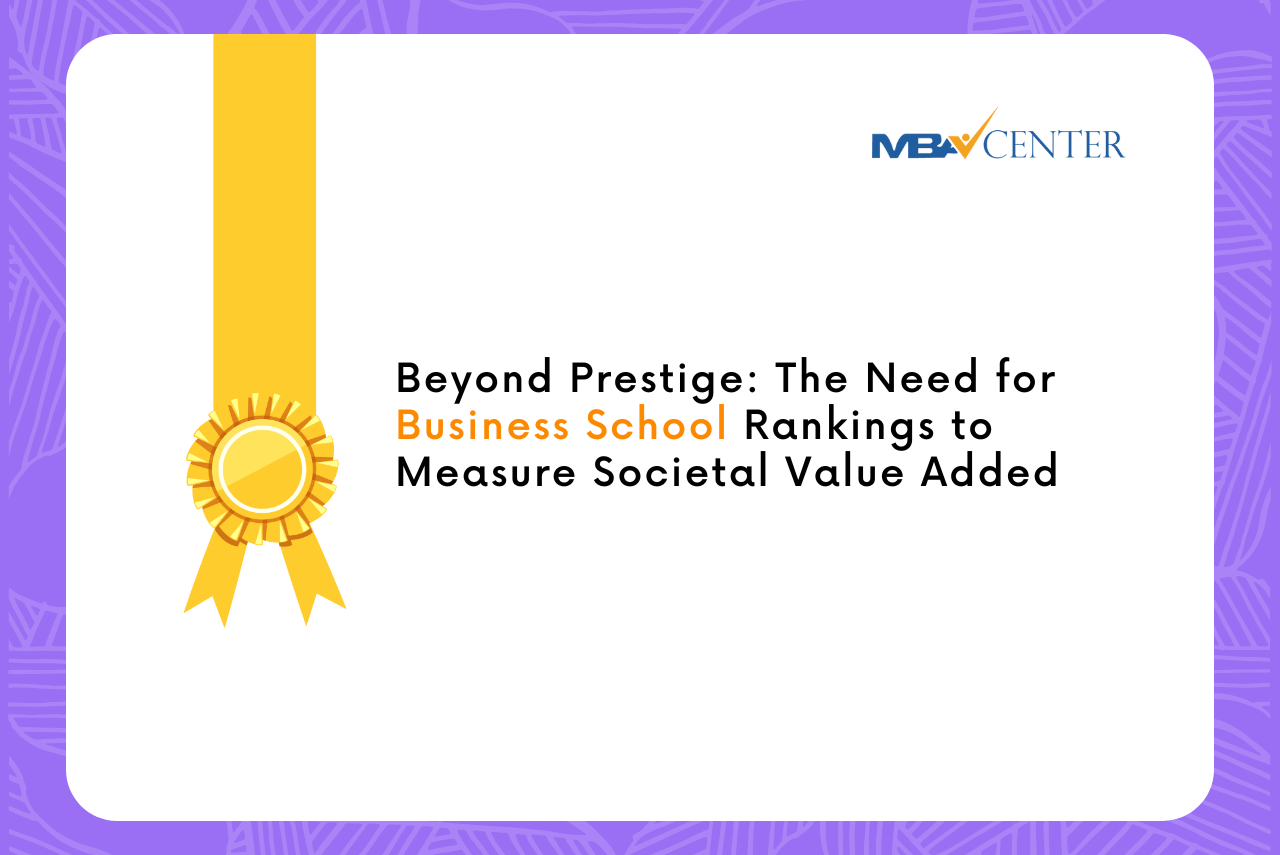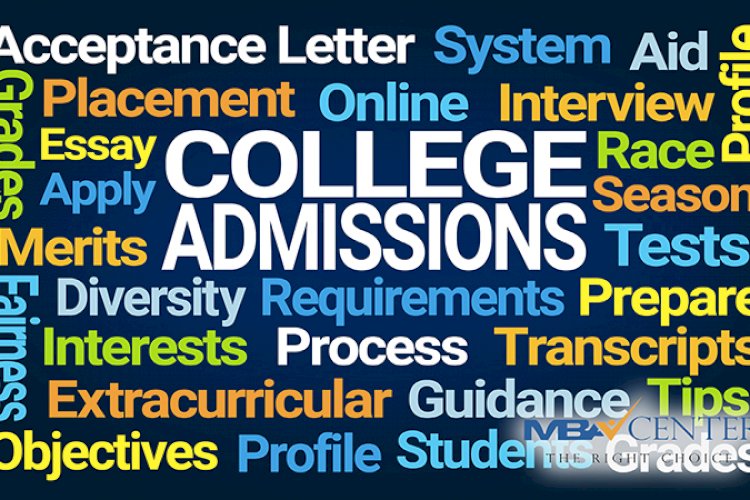
Essays are arguably the most critical element of the application. It is their subjective nature that potentially gives an otherwise “weaker” applicant an edge in the admissions process. With essays, an applicant can take as much time as needed to develop and perfect them. And, unlike test scores, grades, or recommendations, essays are 100% under a prospective student’s control. In addition, there appears to be empirical evidence to support the idea that application essays carry more weight than the GMAT score and other components in the admissions process. This is so because they are the only real differentiating factor among applicants with similar work experiences, GPAs, and test scores. They present information that addresses WHO an applicant is far more descriptively than academic statistics, work experience descriptions or letters of recommendation. Finally, in today’s age of corporate misconduct, an applicant’s value-system, moral behavior, and commitment to something (business, family or community) are especially looked into by Admissions Committees evaluating a candidate. The essays, the recommendations and the interview are all components of the application through which this information can be extrapolated. However, the essays are the easiest to carry out this type of an evaluation through. About Hubert Hubert (Hubert@mbacentereurope.eu) is the Founder of MBA Center, an elite test prep and admission consulting organization collaborating with the best test prep centers in Europe and India. Over the last 24 years, Hubert has developed the World MBA Tour and co-founded ACCESS MBA. Hubert’s passion is teaching, though. Holder of a perfect 800, Hubert has trained thousands of GMAT students, written and developed over 50 TOEFL, TOEIC, IELTS, SAT, and GMAT prep books, software and e-learning platforms. Hubert has the most impressive track record in the industry with 3,000+ MIM, MIF, MBA, EMBA, and Ph.D. students accepted in the best universities in the world: Harvard Wharton Stanford MIT Columbia Chicago INSEAD LBS Oxford Cambridge HEC
 MBA Center Global
MBA Center Global 








